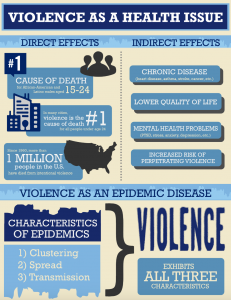There has been a reverberation of the debate around addiction on my news feed recently. I realize this is a deeply personal issue for some, and for many people that have been victims of parents or friends, looking at addiction as a choice is there way to cope as they feel like that person deserves agency in their choice. Yet, for others, especially those dealing with addiction, looking at it as a disease has assisted them in getting proper help in how to cope with the damages that addiction has done to them. The age-old argument tends to focus heavily on “choice”. But someone’s response arguing for addiction as a disease stuck with me:
“HIV begins with a choice that is made. Does that make it less of a disease? Lung cancer in smokers began with a choice…does that somehow make it not a disease, too? The whole ‘it’s a not a disease because you made a choice somewhere in your life’ mantra is a bunch of BS.
Let’s face it: people from all walks of life do drugs — but in reality, only a small percentage of those people become “nonfunctional” addicts (ie, so consumed by drug use that they are unable to live a functional life); and this only happens because they made a choice that frankly most people make at some point in their lives (80% of Americans admit to having tried alcohol at least once, and roughly 30 million Americans have tried illicit drugs). [sources: https://www.drugabuse.gov/pub…/drugfacts/nationwide-trends and https://www.verywellmind.com/how-many-people-drink…]
More and more data are showing that genetic factors contribute highly to addiction susceptibility; and with the way genetics is progressing, we can hopefully silence those genes in some people and treat addiction like other diseases.
Treating addiction like a disease gives those who suffer from it a far better outlook than they can get by being treated like criminals.” 
That’s what made it hit home for me. It is how we treat addiction that is going to make the difference. For years we have focused our time and energy on treating addicts like criminals which has proven a failure and has cost us much more money than if we had treated them in medical facilities equipped to support those with medical diseases.
When we were assigned Dr. Bock’s article titled, “Violence as a Disease”, things clicked immediately. I realize this is a concept that not many will be quite ready to accept, probably for similar reason people don’t want to accept addiction as a disease, but I think that’s beyond the point. Addiction happens. Violence happens. Yes, we can put in measures to try and prevent, but what happens when we miss that important part? We need to act like epidemiologists. We need to find the source so we can interrupt transmission, identify and change the highest potential transmitters (this means focusing and putting all of our effort into the most violent), and change the group norms. Treatment is the next best step. I believe reframing violence as a disease opens up new doors and presents new approaches that can help with healing and reconciliation after violence has occurred, so I want to leave us with this thought:
Treating [violence] like a disease gives those who suffer from it a far better outlook than they can get by being treated like criminals or [victims].”


